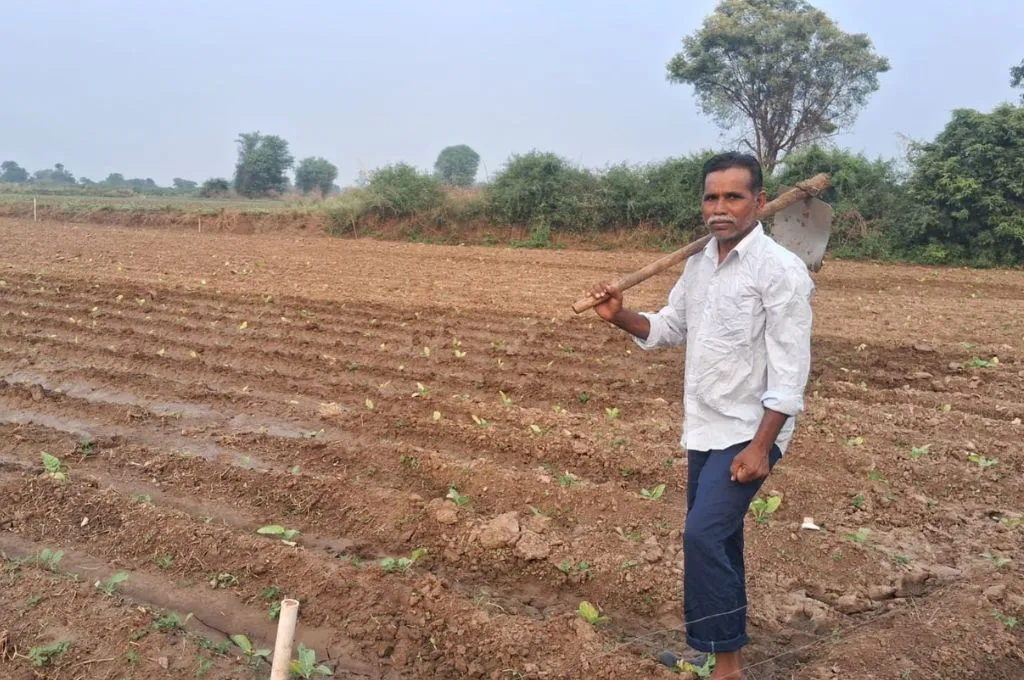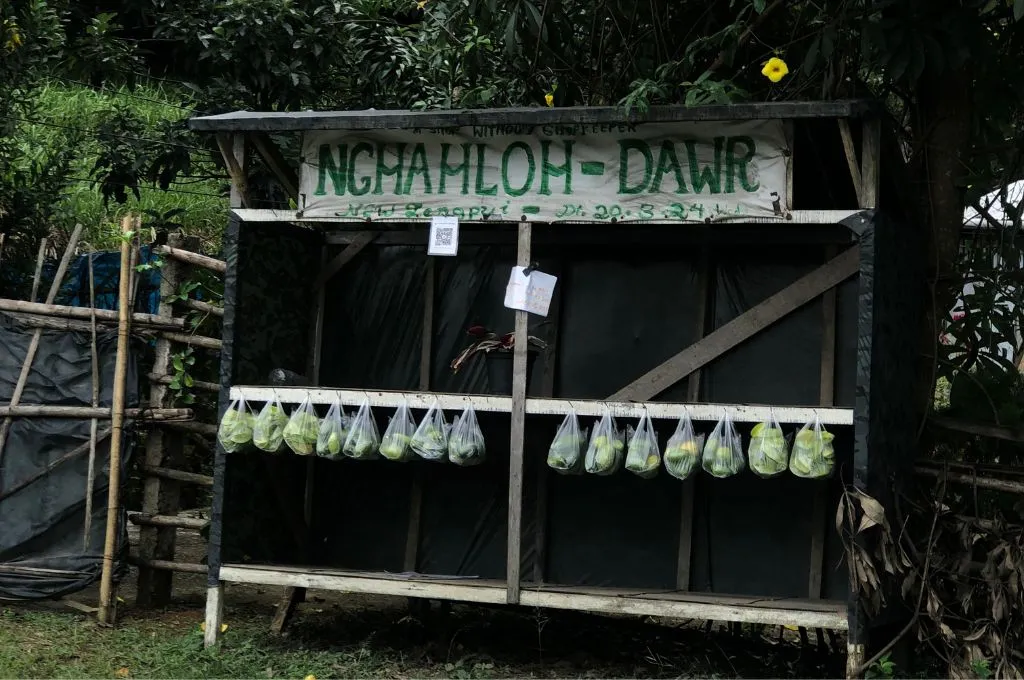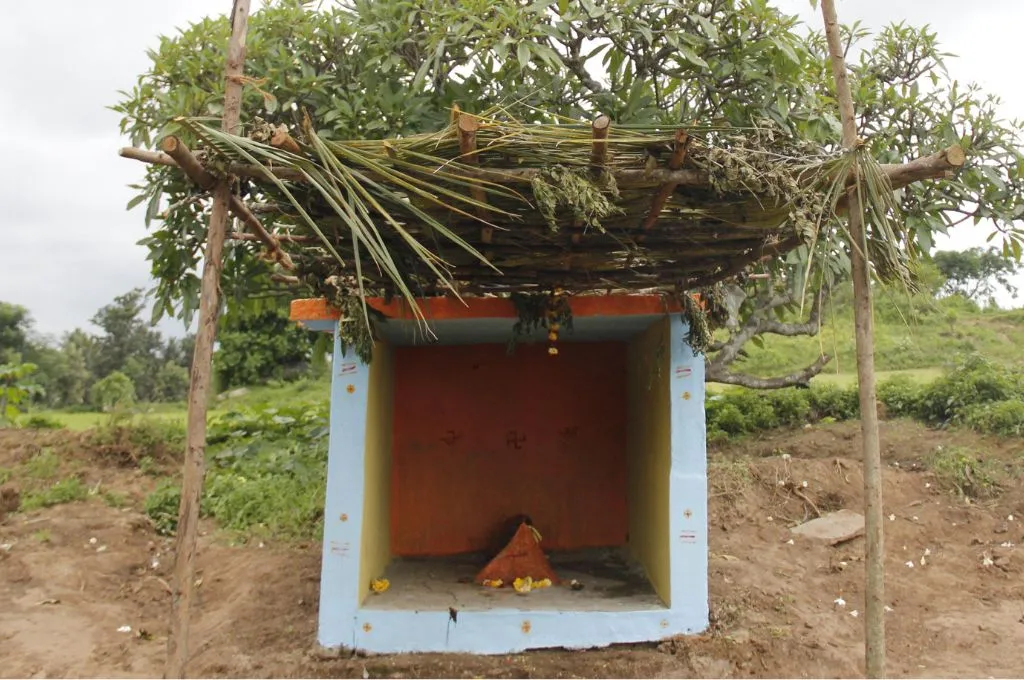READ THIS ARTICLE IN
Rolling with the punches: Women beedi rollers have no other option
In the gaanch (sandy grove) outside the Kali mandir in the village of Hariyadih, Bihar, a group of women are sitting under the shade of trees rolling beedis. “Every woman in the village does this,” says Meera Devi.* “What else is there to do?”
“We know smoking beedi is bad for people’s health, that it causes all kinds of problems, but until the government gives us something to do, what else do we have?” Suman Devi* is quick to add. When I ask if any woman they know smokes, they laugh. “Only men smoke,” says Rupal Devi.*
None of the women can remember when they started rolling beedis—they’re bad with years, they say, as they struggle to recall their own ages. But they all tell me the earliest rate they remember. “I’ve been making beedis since the time we used to get INR 8 for 1,000,” says Prerna Devi.* Today, they get paid INR 100 for 1,000 beedis by contractors.
It quickly becomes clear that a majority of the women belong to scheduled castes and none come from landowning families. Apart from better-paying but very seasonal agricultural labour in the village, they don’t have any livelihood options—or at least not ones that allow them the flexibility to take care of their homes and families and also stay within the village.
Their days begin at anywhere between 4 and 6 am. They clean their homes, wash the dishes, prepare food, and get their children ready. After wrapping up their domestic responsibilities, they gather their beedi-making materials and head to the gaanch.
The women tell me about the different kinds of challenges they face regularly. “We give 1,000 beedis but we rarely get more than INR 80,” says Rupal. “The contractor easily rejects 200 beedis, citing issues with the red leaves or the size of the beedis.”
“But he never gives us back the rejected ones or throws them away in front of us,” says Prerna knowingly, referring to the common practice of selling the better-quality beedis under branded packaging and the B-grade ones locally, unlabelled.
Because they are given raw materials by weight and not by quality, the leaves are often impossible to work with. And if they aren’t able to make 1,000 beedis from that set quantity, they are accused of selling the missing share of beedis in black.
Sitting in one position and working for eight to 10 hours on end often affects their health. Body aches and trouble with eyesight are common complaints. Painkillers offer temporary respite. Sometimes just the repetition of the work gets to them. “Mann oob jaata hai. I get tired. We can take the day off, but we’ll lose a day’s income,” says Suman.
*Names changed to maintain confidentiality.
Devashree Somani is a 2021 India Fellow. India Fellow is a content partner for #groundupstories on IDR. Read the original story here.
—
Know more: Learn how nutrition gardens in Assam are bringing communities back to school.
Do more: Connect with the author at devashreesomani@gmail.com to learn more about and support her work.



